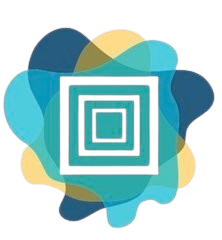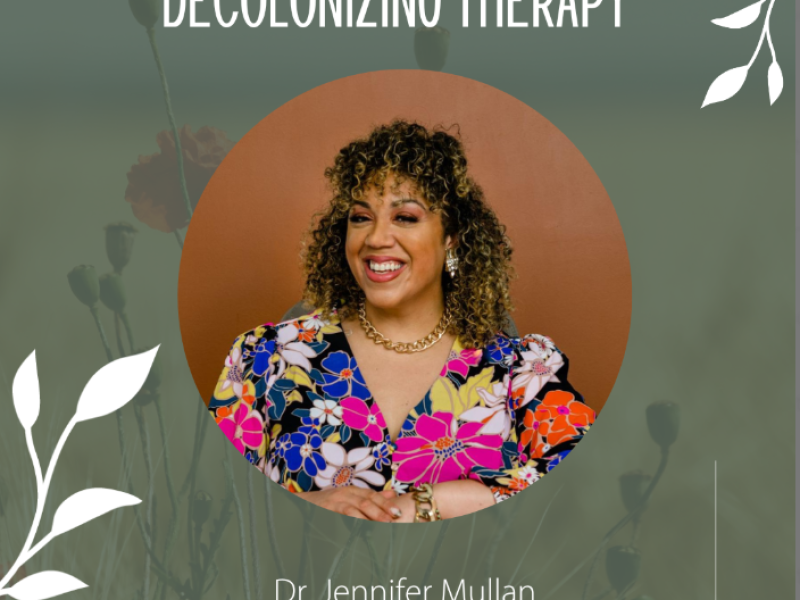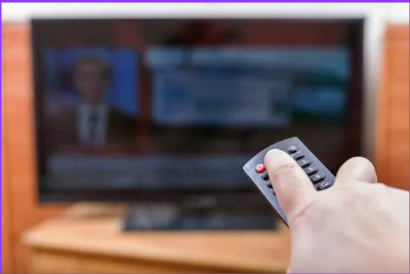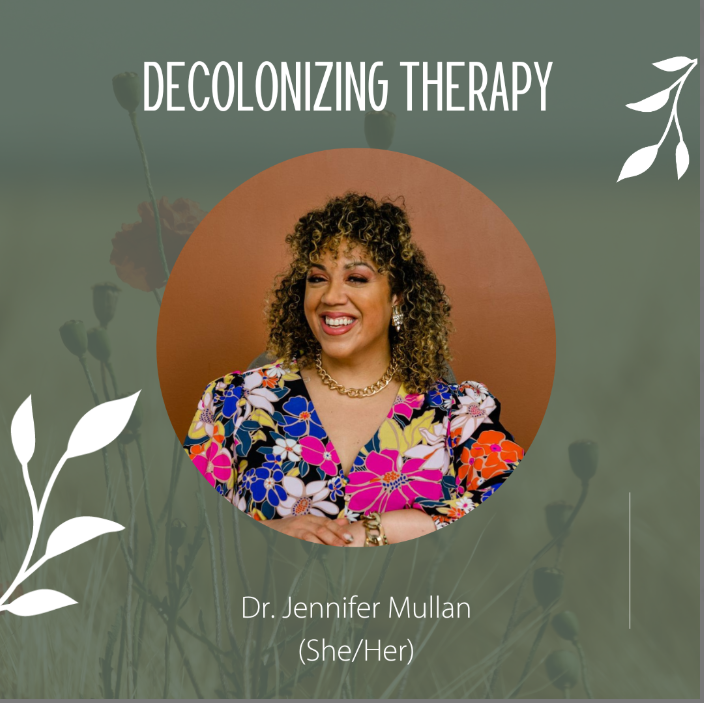Decolonizing the Therapy Room: Why Healing Doesn’t Have to Look Like Talking About Your Mother for an Hour
Therapy shouldn’t feel like a box you must fit into—especially when that box doesn’t account for your cultural, ancestral, or embodied ways of knowing. For many BIPOC and LGBTQIA+ individuals, traditional Western therapy can feel restrictive, individualistic, and disconnected from the realities of systemic and historic trauma.
Decolonizing therapy means reimagining what healing looks like—infusing it with movement, ritual, ancestry, community, and body-based practices that validate lived experience.
Why “Standard” Therapy Often Falls Short
Traditional therapy emphasizes emotion-based talk sessions—often rooted in Eurocentric clinical norms—that can reject or minimize cultural frameworks of healing.
Studies reveal that even culturally adapted therapies like CBT have diminished outcomes when they don’t meaningfully integrate racial and systemic contexts. For example, a meta-review noted that minority clients often disengage early when their trauma is minimized or ignored in treatment.
What Culturally Responsive, Decolonized Therapy Looks Like
- Creative & Somatic Practices: Breathwork, sound healing, movement, ritual, and ancestral acknowledgments are woven into therapy.
- Intersectional Modalities like IFS: Internal Family Systems supports internal parts, including protectors and young parts, providing compassion without forcing narrative retelling.
- Collective or Ritual-Based Engagement: Group check-ins, ceremonies, or advocacy-rooted healing that honor relational context.
- Politically Aware Holding: Therapists name and address oppression—not just personal symptoms.
Case Example: “Keisha’s Restored Voice”
Keisha, a Black queer professional in uptown Charlotte, described traditional therapy as performative and disembodied. In a decolonized framework that included sound check-ins and IFS-part notice, she reconnected with a “spirit part” longing for rest. Healing began not when she spoke, but when she simply rested, felt witnessed, and allowed that part to soften.
Why This Matters in Charlotte Now
In places like SouthPark, Huntersville, and University City—areas full of high-performing, often isolated BIPOC and LGBTQIA+ professionals—the pressure to appear resilient can overshadow emotional truth. Decolonized therapy honors your whole self—body, history, and community.
How to Find a Decolonizing Therapist
- Ask: “How do you incorporate body, ritual, culture, and ancestry into therapy?”
- Invite plural healing: If more than talking is required for your wholeness, that’s valid.
- Look for clinicians trained in IFS, somatic rhythms, ancestral naming, or liberation psychology.
Try This Connecting Grounding Ritual at Home
- Create a sensory corner—lights, incense, cultural item, safe object.
- Perform a 3-minute guided check-in: “Which part of me needs rest right now?”
- Offer compassionate permission: “It’s okay to rest, even when things are chaos.”
- What part of me is resistant to rest and wants me to keep pushing through. Ask why?
Healing Can Be Ancestral, Beyond Words
You don’t need to shrink to speak therapy’s language. Healing can happen in breath, sound, ancestral memory, ritual, and parts work. That’s not fringe—that’s liberation.
At Mended Counseling in Charlotte, we are a part of the culture, allow us to meet you where you are and support you on your journey for where you want to be by integrating IFS, mindfulness, movement, and cultural ritual into spaces where your whole self is seen.
👉 Book your cultural healing session now and reclaim rest as resistance.
Mended Counseling & Consultation proudly serves Charlotte, NC and surrounding areas including NoDa, University City, Highland Creek, Mallard Creek, Northlake and all surrounding areas. We also provide services online in NC, SC, VA, GA, and DC. All therapists are not licensed in all states. We specialize in trauma-informed, LGBTQIA-affirming care.




